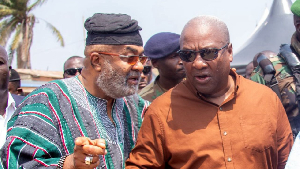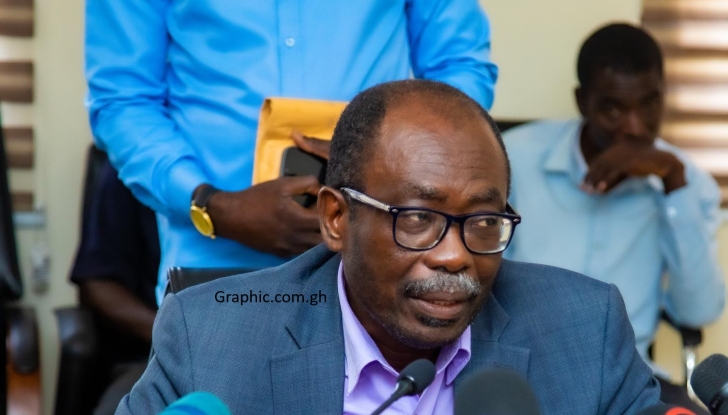The Ghana Trades Union Congress (TUC) has once again voiced its strong opposition to any government efforts to privatize the Electricity Company of Ghana (ECG). This stance was emphasized in their response to the 2025 Budget Statement and Economic Policies presented by the government.
Back in 2017, the TUC made their position known to the then Akufo-Addo administration, objecting to the proposed privatization of ECG. They warned that Ghanaian workers and their unions would fiercely resist any move to sell off strategic state assets.
Fast forward to 2025, the TUC has reaffirmed its stance in its submission to the Mahama administration, opposing the privatization of state-owned enterprises in any form. Citing the resolution passed at the 10th Quadrennial Delegates Congress of TUC in August 2016, the TUC declared its commitment to resisting any attempt to privatize ECG. The organization emphasized that it sees privatization and private sector participation as equivalent actions.
Despite this clear opposition, the government appears determined to proceed with privatizing ECG. The TUC remains steadfast, believing that meaningful reforms, particularly removing political influences from ECG’s operations, are the best solutions for the company’s issues.
In the face of mounting economic challenges, the TUC’s commitment to opposing privatization or private sector involvement is unwavering. The 2025 Budget Statement was released amid rising inflation, a sharp increase in the cost of living, falling real incomes for workers, widespread joblessness among the youth, and an unsustainable national debt.
These persistent economic challenges, the TUC argues, are a result of the neoliberal economic strategies Ghana has pursued for the past four decades. The recent budget failed to acknowledge the necessity of reshaping the macroeconomic framework to address these issues effectively.
The TUC is urging the government to collaborate with all stakeholders to develop a new economic model. This model should focus on qualitatively restructuring the economy, prioritizing employment creation, and maximizing benefits from Ghana’s natural resources. Such a strategy would enable the government to fund national development through domestic revenues, thereby reducing the need for borrowing and alleviating the debt burden.
For further updates and insights, stay connected with our affiliated radio and TV stations, including Joy 99.7 FM, Adom 106.3 FM, and others, or follow us on social media platforms like YouTube, Facebook, and Twitter.
Source: Joynews









